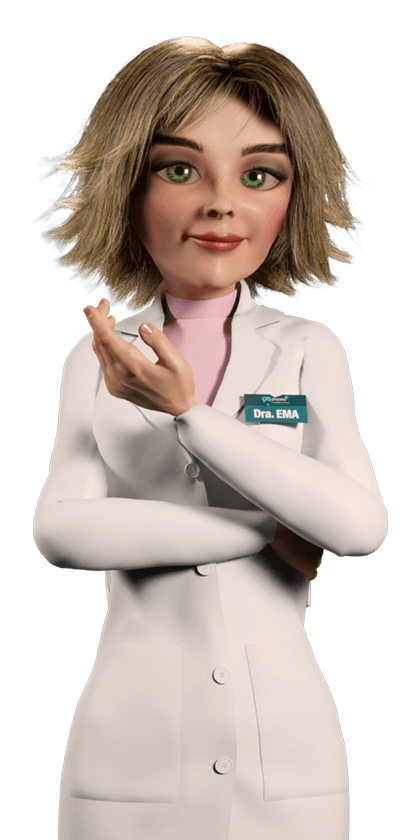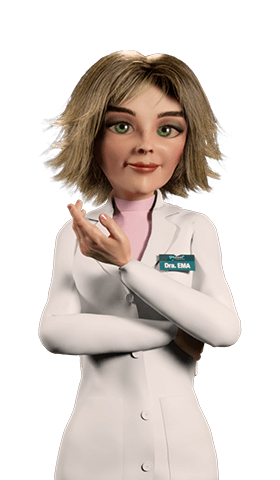Cardiovascular system
High Blood Pressure - How to treat it
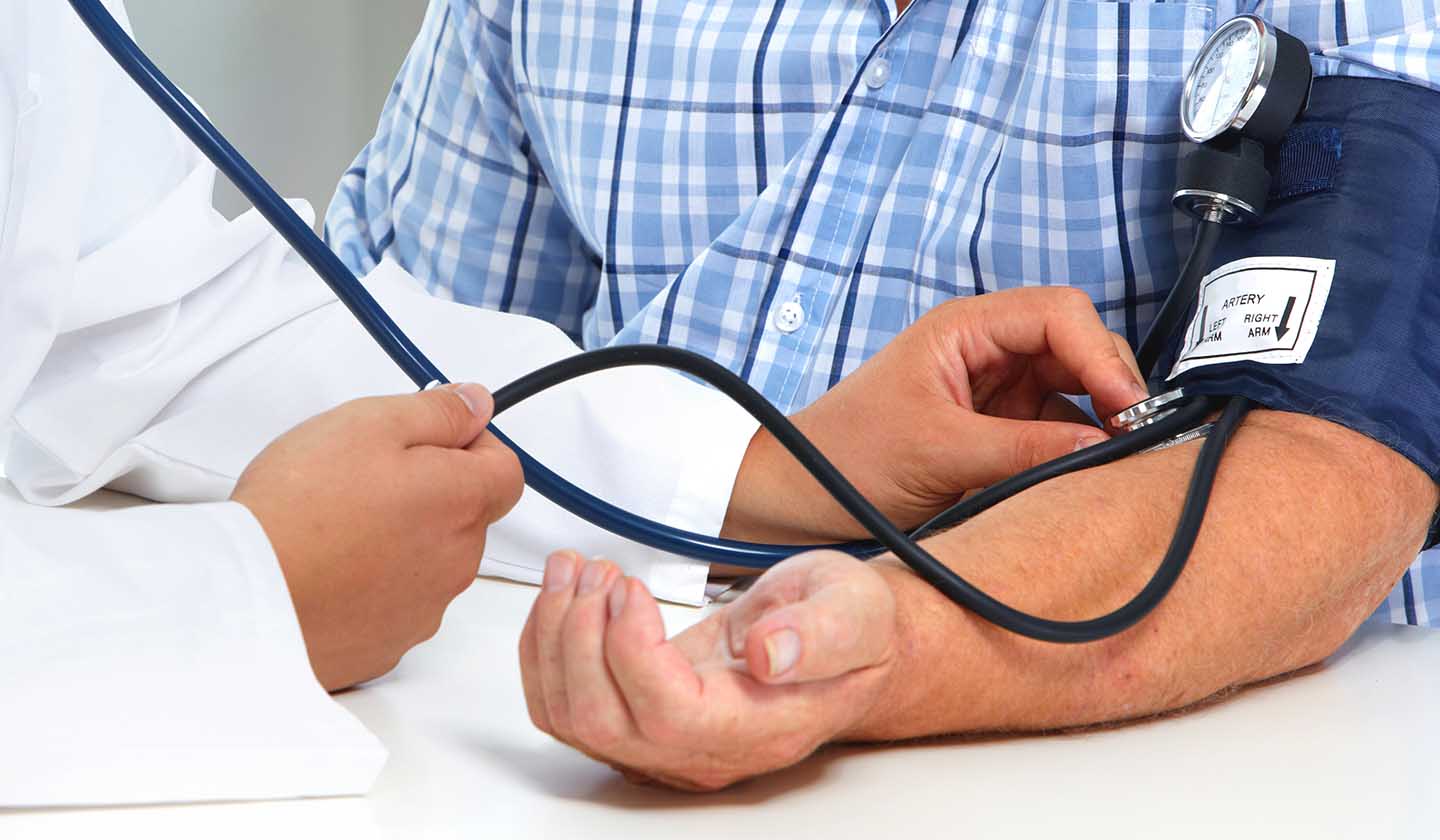
High blood pressure is something you cannot feel. But, once it is diagnosed, it must be adequately treated. Learn what anti-hypertension drugs are and how to use them.
Why do I need to take medication for Arterial Hypertension?
To reduce blood pressure (BP).
High BP values are not commonly felt. However, if left untreated, hypertension can lead to serious illnesses, such as cerebrovascular accident (stroke), myocardial infarction, heart failure and angina pectoris.
What are antihypertensives and how do they work?
They are drugs that reduce BP to recommended levels. There is a range of drugs that work in different ways (for example, eliminating excess salt and water or widening veins and arteries) and which can be taken either alone or in combination. How should I take my medications?
You should take your medication with a glass of water and as indicated by your doctor.
How long should I take the medications?
You should always take your medication. These drugs do not cure arterial hypertension. If you stop taking this medication, your readings will get higher and you may suffer a stroke or myocardial infarction.
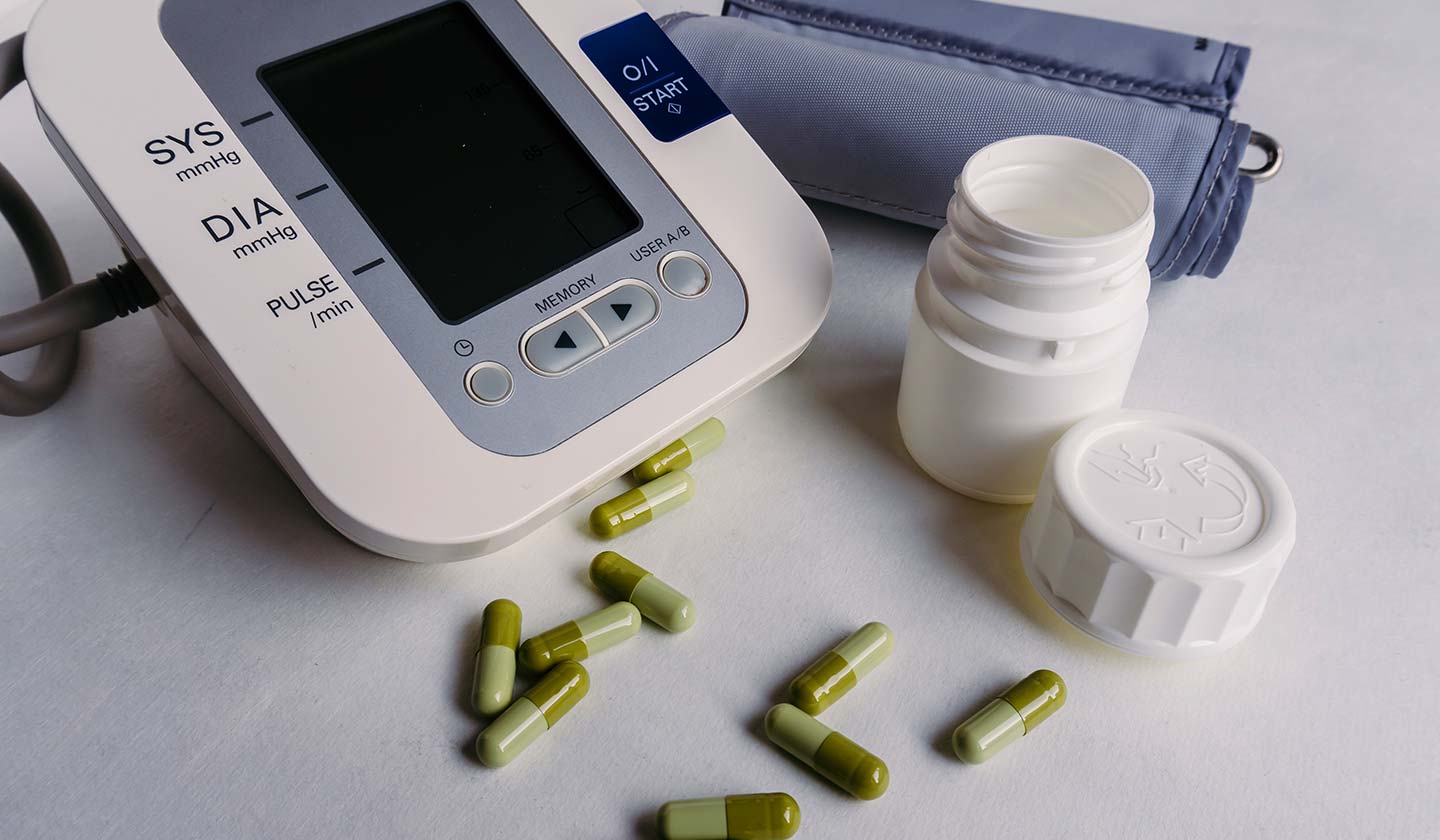
What care should I take with my medications?
- Learn their names, dosage and intake timing.
- Store them in a dry cool place and out of reach of children.
- Check the expiration date.
- Read the package leaflet.
- Consult your doctor if you become pregnant or are thinking of becoming pregnant.
What adverse effects may occur and what should I do?
The list of affects you will read in the package leaflet is long. Do not be alarmed as they rarely occur and are often transient. However, if you notice any undesirable effects, report them to your doctor or pharmacist.
How can I tell if the medication is working?
The medication is working if your BP is within the value range your doctor has told you. At the beginning of the treatment, your BP will take some time to stabilize, and so you may also need some time to learn how often you should measure your BP.
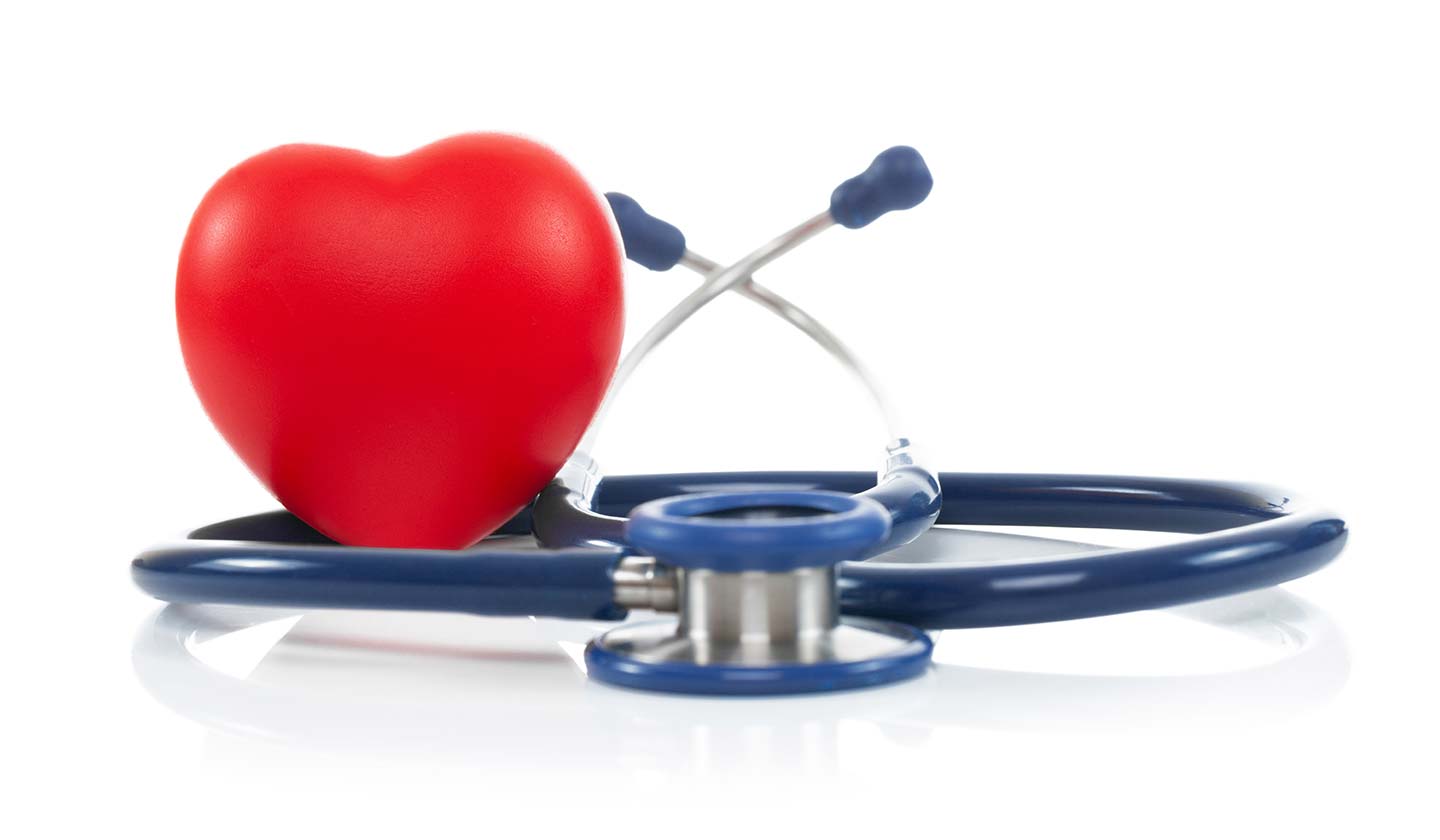
How often should I check my BP readings?
It depends on the values you have. Ask your doctor or pharmacist for help with the frequency of your BP measurement.
And what should I do with the results?
Refer to the recommended readings in the following table:
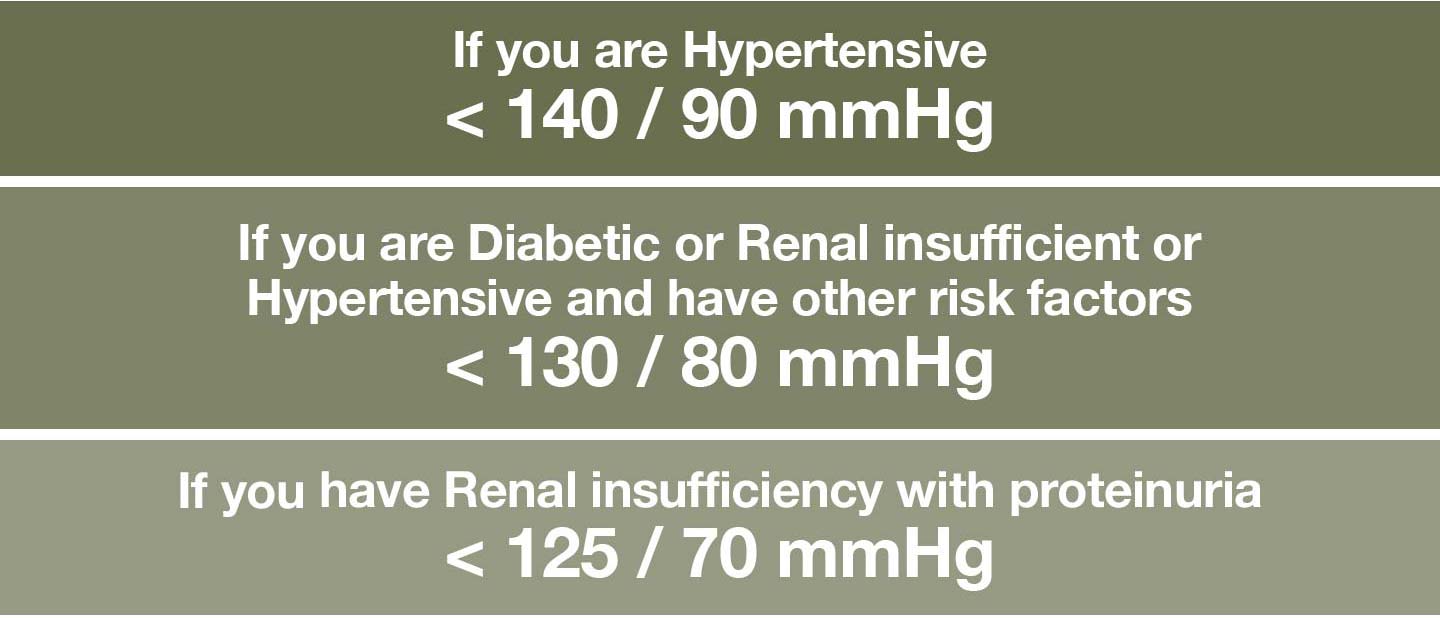
Measure your BP at the pharmacy or at home.
If you have higher values, ask your doctor or pharmacist for help.
Other cardiovascular risk factors
In addition to BP, it is also important to regularly monitor other cardiovascular risk factors, such as weight, blood glucose, cholesterol and triglycerides.
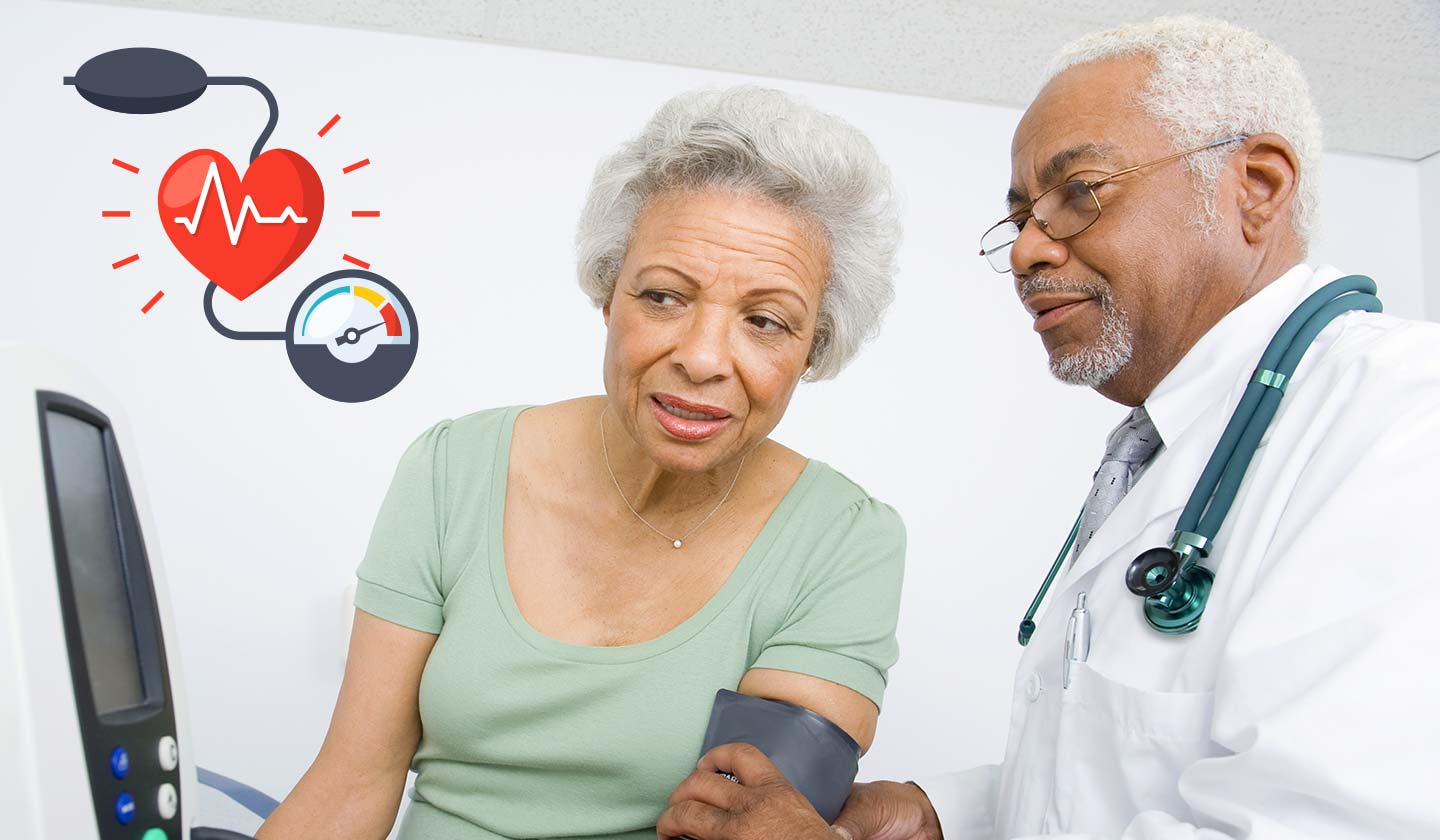
What medications should I not take without talking to my doctor or pharmacist first?
There are some drugs and natural products that can change BP readings. Whenever you buy them, say you have high blood pressure.
- Painkillers - ibuprofen (anti-inflammatory), can cause water retention in the body, thereby increasing blood pressure;
- Hormonal contraceptives - as they contain hormones, they may favour the narrowing of small blood vessels, which may contribute to a higher blood pressure;
- Nasal decongestants - some drugs contain substances such as, for example, pseudoephedrine and phenylephrine, which are vasoconstrictors that narrow blood vessels to decrease the blood flow to the nasal mucosa, thus reducing the sensation of stuffy nose. If their application exceeds the local action, they can cause a raise in blood pressure;
- Food supplements, based on plants such as ginkgo biloba or St. John's wort, can also contribute to raise blood pressure or even interact with antihypertensive drugs;
- Some other drugs such as some antidepressants, immunosuppressants and stimulants (such as methylphenidate) can also lead to a raise of blood pressure.
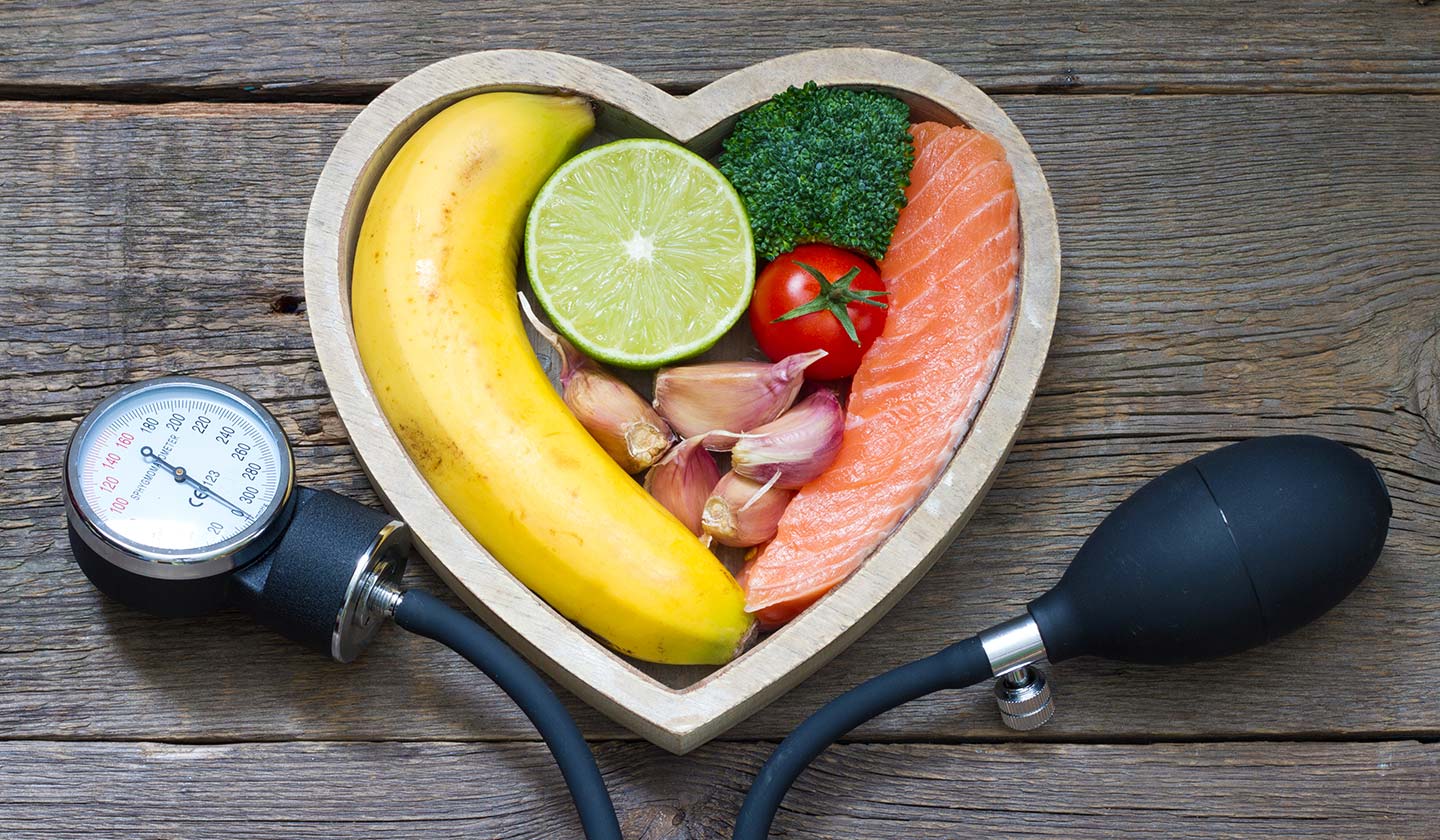
What else can I do to control my BP?
Some small changes can contribute to lower your BP: weight control, low-salt foods, practice of physical activity, not smoking and limiting the intake of alcoholic drinks and caffeine.
Foods that increase BP - Fried foods, processed sauces, excess oilseeds, chocolate, green tea, coffee and soft drinks.
Foods that lower BP - Wheat bran, strawberries, pumpkin seeds, egg white, soy, guarana and watermelon.
Sources
iSaúde
Farmácia Distribuição Magazine
Também lhe poderá interessar
Cardiovascular system
The dangerous and silent hypertension
Cardiovascular system
